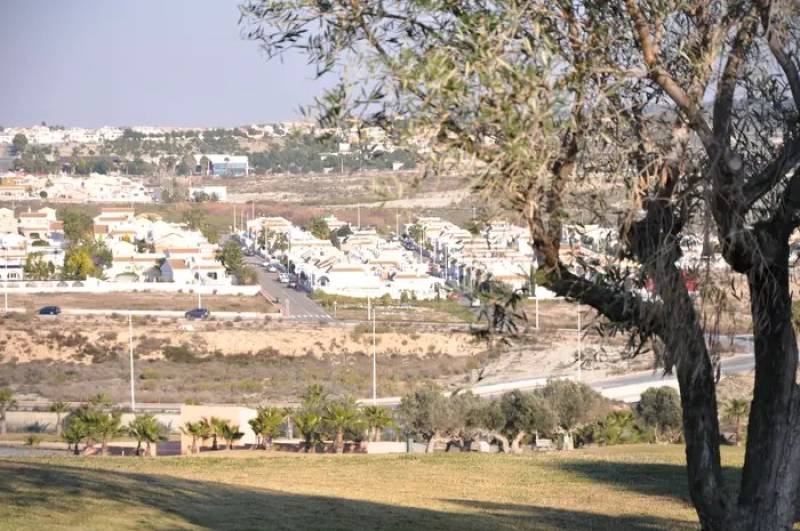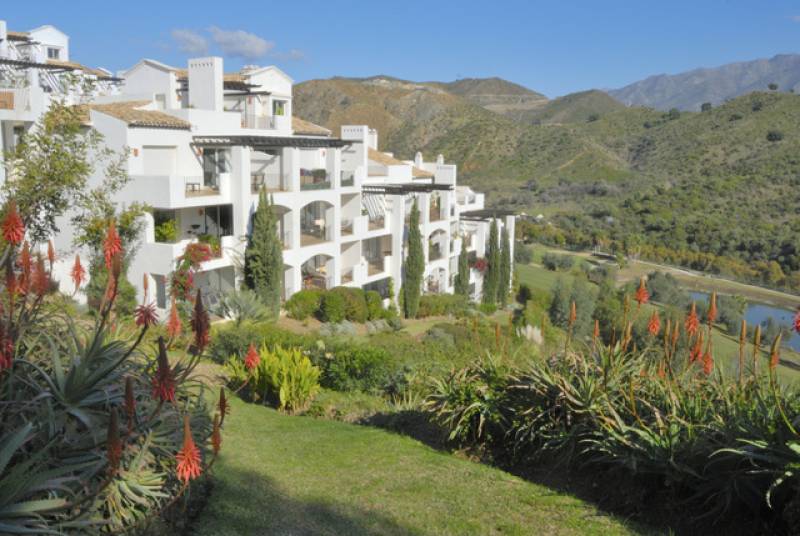
To be listed on the CAMPOSOL TODAY MAP please call +34 968 018 268.
Murcia, Alicante and Andalucia join forces to fight cuts to water supply
The regional governments have called for urgent talks over plans to reduce the water transfer to southern Spain
 In a last-ditch attempt, the regional governments in Murcia, the Valencian Community and Andalucia, along with the Syndicate of Irrigators of the Tajo-Segura Transfer (Scrats), have jointly written to Spain’s Environment Minister, Sara Aagesen, asking her to immediately halt the planned increase in the ecological flow of the River Tajo and the reduction in water transferred to the Segura basin.
In a last-ditch attempt, the regional governments in Murcia, the Valencian Community and Andalucia, along with the Syndicate of Irrigators of the Tajo-Segura Transfer (Scrats), have jointly written to Spain’s Environment Minister, Sara Aagesen, asking her to immediately halt the planned increase in the ecological flow of the River Tajo and the reduction in water transferred to the Segura basin.
The request also asks for a pause on new rules governing how water is allocated, in a bid to find a negotiated solution before the next phase of the Tajo River Plan comes into effect.
The north and centre of Spain, especially around the River Tajo (also known as the ‘Tagus’ in English), have more rainfall and therefore more water. In contrast, the southeast, including Murcia, Alicante and Almería, is very dry but has some of Spain’s most productive farmland.
To solve this, Spain built a massive engineering system in the 1970s called the Tajo-Segura transfer. It’s a series of canals and tunnels that physically carries water from the Tajo River near central Spain down to the Segura River basin in the south.
This transfer provides irrigation water for farms in Murcia and parts of Valencia and Andalucia, as well as drinking water for millions of people in the southeast.
Government representatives have requested an urgent meeting with the minister to discuss a national water pact that would essentially result in a country-wide agreement on how Spain’s limited water resources should be managed.
This really represents the very last chance to stop the plans. The regional governments have previously taken the issue to Spain’s Supreme Court, trying to block the national government’s Tajo River Plan, but they lost those appeals.
Starting January next year, the second phase of the plan will come into effect, meaning that the minimum ecological flow in the upper Tajo River will rise from 7 to 8 cubic metres per second. That means more water will have to stay in the Tajo itself to protect its ecosystem and less water will be available to transfer south to the drier regions that depend on it.
This issue is a major political and environmental dispute in Spain, especially for the southeastern regions of Murcia, Alicante and Almería which are heavily dependent on the Tajo-Segura transfer for their agriculture, drinking water and local businesses.
The central government is arguing that raising ecological flows in the Tajo is essential to protect the river’s health and ecosystems, as parts of it have been drying out due to overuse and climate change.
However, for the likes of Murcia, this will dramatically reduce the amount of water reaching the Region. Naturally, in turn, this could harm agriculture, particularly fruit and vegetable production, which are vital to Spain’s exports. Detractors also stress that cutting these water supplies could threaten jobs and local businesses dependent on irrigation.
All three regional governments agree that Madrid is prioritising environmental targets over economic survival.
Also of interest: Official safety advice released—What to do with showers and boilers now the drinking water has been turned back on
Image: CARM
See more environmental news about Spain:
OR
Sign up for the Spanish News Today Editors Roundup Weekly Bulletin to get a comprehensive email with all the week’s news for Spain, Murcia, Alicante and Andalucía.
Get a sneak peek – here are a few of our recent Subscription Bulletins:
Discount Special Offer subscription:
36.95€ for 48 Editor’s Weekly News Roundup bulletins!
Please CLICK THE BUTTON to subscribe.





























